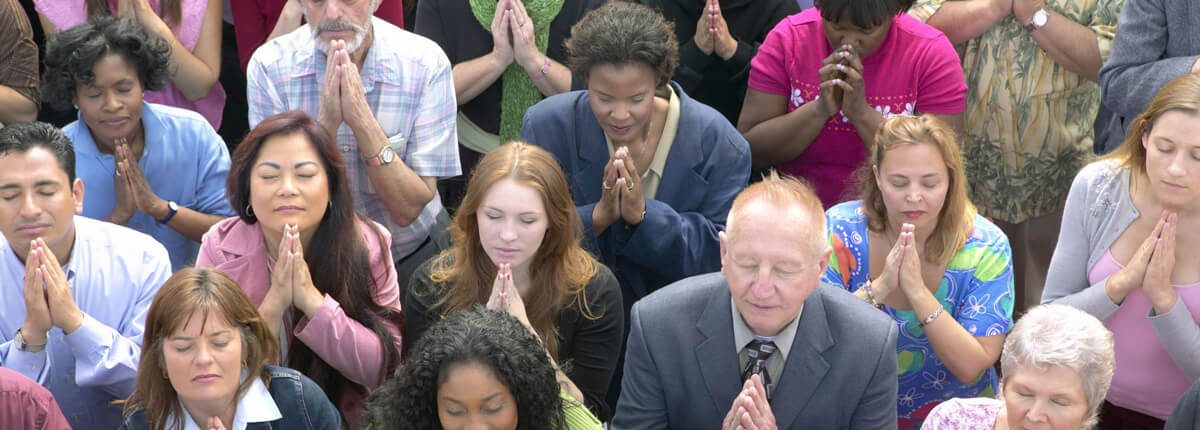5 Ways Psychotherapy & Religion Work Best Together

For generations, the field of psychotherapy has been locked in a contemptuous battle with religion. Psychotherapists bashed religion as magical thinking and labeled God an infantile wish for an ideal father. While religious leaders called psychotherapists blasphemous, burned their books and accused them of undermining sacred values.
Yet, put aside their differing theoretical frameworks, and you’ll soon discover that religion and psychotherapy share many common goals and values. When the two unite together to support one another, the positive outcomes are undeniable. In fact, in my twenty-five years as a psychotherapist, I’ve noticed that individuals with solid spiritual practices and the support of religious communities, make more progress in therapy, in less time, than individuals who don’t identify as spiritual or religious.
But before we explore the common grounds psychotherapy and religion, I must clarify that when I refer to religion, I am referring to practices that teach love and tolerance by actively building bridges between diverse people. I am not referring to religious authorities or organizations that promote hatred and divisiveness or adhere to fundamentalist views that encourage violence.
Here’s five ways religion and psychotherapy compliment each other
and why religious folks tend to get more out of therapy:
1. Contemplation
Prayer is a form of meditation, a chance to set aside time to reflect on what truly matters in life. In psychotherapy, patients engage in a similar process, setting aside time to contemplate their history, their choices and consider their journey in a new way. Both therapy and prayer seek to engender higher ideals and greater mindfulness.
2. Community
Religious communities and psychotherapy services provide structure, kinship, and encouragement by seeking to strengthen healthy connections between people, providing human networks for friendship and comradery, offering encouragement and championing more conscientious behavior.
3. Service
Mental health workers and religious officials are often first responders when tragedy strikes. They minister to the grieving, wounded or traumatized with care and thoughtfulness, and provide assistance and comfort when folks need it most.
4. Peace
A central belief of psychotherapy and religion is finding non-violent solutions to human conflicts. Both seek to foster peaceful co-existence by helping people tap into their shared humanity, common experiences, and in the process, discover the healing power of altruism.
5. Self-Discipline
Every practice, religious or therapy based, requires ongoing commitment, such as attending weekly religious services or psychotherapy appointments. By fostering self-discipline, we can overcome destructive impulses or temptations in the interest of achieving a higher way of being, a state of enlightenment or grace. Without such self-mastery, there is no lasting happiness.
Working Together
During my many years as a psychotherapist, I have had the pleasure to work beside Buddhists, ministers, priests, and rabbis. Not once did any of us feel that we were in competition or in conflict with one another. Putting aside our different beliefs, we harmonized in our shared mission: to help others in need and raise the consciousness of humanity.
Dedicated to Father Arcoleo of Our Holy Redeemer Church on Long Island, New York. A great spiritual leader and community organizer who always inspires.


